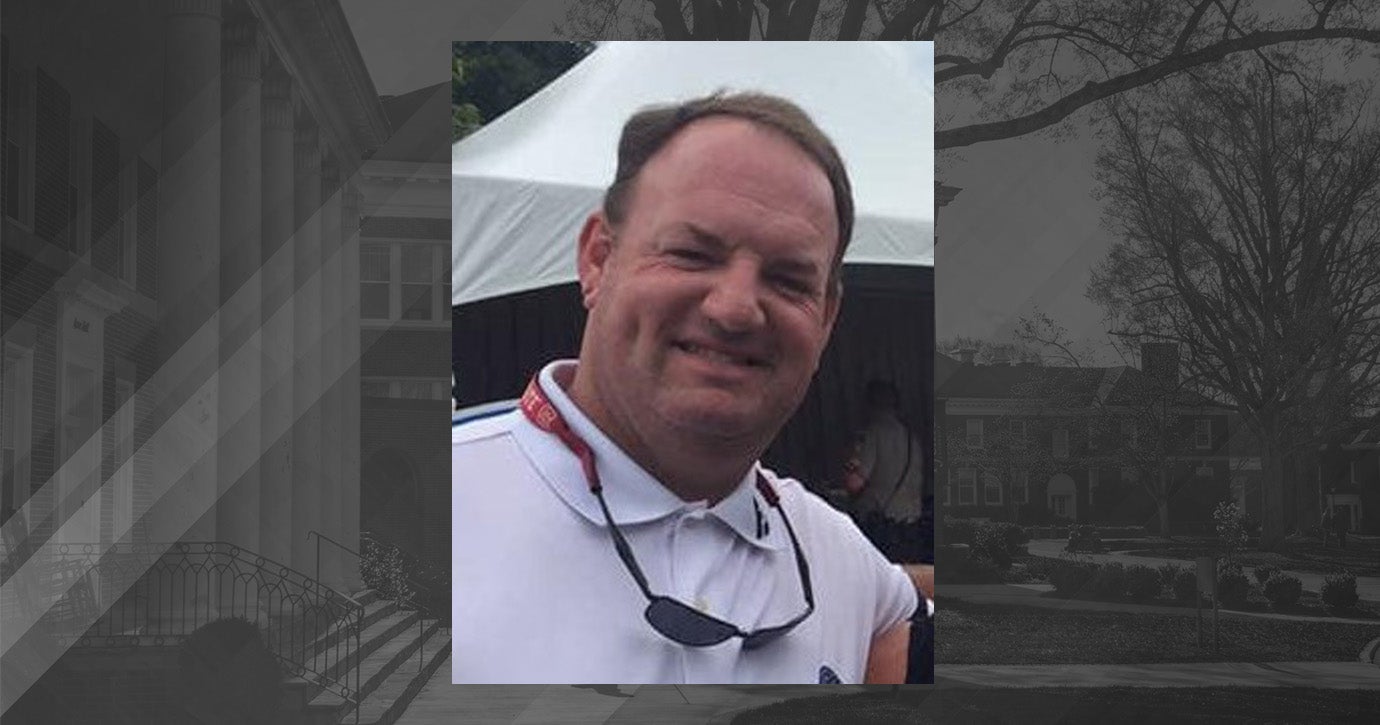Pfeiffer graduate works to keep golf affordable for the next generation of players
Published 11:51 am Friday, July 22, 2022

- Pfeiffer graduate Jason Cox is using his passion for golf to help a new generation of players. (Contributed)
|
Getting your Trinity Audio player ready...
|
By Ken Keuffel, Pfeiffer University
Taking up golf doesn’t come cheap.
A decent set of clubs costs at least $500, and green fees start at around $50 per round. An hour of private instruction costs between $80 and $100, while attendance at a weeklong day camp ($250-$400) or an overnight one ($1,200-$2,000) can often break the bank.
It’s hardly surprising, then, that many youngsters of modest means and their parents often conclude that golf is a prohibitively expensive pursuit.
Enter Jason Cox, a 1992 Pfeiffer alumni and former star golfer for the college, where he earned a B.A. degree in Sport Management.
Since the fall of 2020, he’s been the executive director of the HV3 Foundation, which PGA golfer Harold Varner III started in 2019 to provide youth with affordable access to sports, particularly golf, and to raise awareness of the rising cost of entry and access in sports.
Foundation funds help pay for everything from equipment to instruction, and they enable about 4,000 youngsters to play golf at substantially discounted prices during off-peak times at 120 facilities in North and South Carolina.
“The foundation is a great investment in golf’s future,” Cox said. “It helps ensure that future generations will take up the sport — regardless of their financial resources.”
Cox, who lives in Southern Pines, credits a Pfeiffer-arranged 1992 summer internship at the Carolinas Golf Association for kick-starting his interest in working behind the scenes for a sport he has loved since his youth. The internship included everything from learning handicap procedures to serving as a rules official at 10 amateur championships.
“I was hooked from there,” said Cox, who would devote his entire working life to advancing golf in a variety of ways. After working as a golf professional at multiple clubs, he served as the director of junior golf and then, the director of youth development at the Carolinas Golf Association, where he worked from 2004 until his HV3 appointment.
While at the Carolinas Golf Association, Cox oversaw a junior program of more than 100 tournaments and programs, and he administered 15 junior championships each year in North and South Carolina. He ran the association’s Youth on Course program, which enabled youngsters to play golf for sharply discounted green fees at several facilities.
Cox has become particularly busy of late: In 2021, shortly after he began running the HV3 Foundation, he became the director of operations for both the men’s and women’s golf teams at N.C. State University, which he attended for two years before transferring to Pfeiffer.
At N.C. State, Cox ensures that the teams “have everything they need,” from enough golf balls to reservations for tee times. There are also scores of details to iron out ahead of tournaments, from lining up hotel reservations and caterers to hiring rules officials.
Cox, then, is juggling lots of balls for two employers.
“There’s a lot of planning,” Cox said of a typical day for him. “There’s a lot of flipping of computer screens.”
When Cox flips his screen to foundation business, it often shows appointments for raising money from individuals and for lining up business sponsors.
He is focusing on finding more facilities that will allow youngsters to play a round of golf during off-peak hours for $12. In these instances, the golfer pays $5, and the foundation covers the remaining amount. Cox’s goal is to add about 80 facilities to the 120 that already partner with the foundation in this manner, and he’d like as many as 7,000 kids to participate.
Cox finds his inspiration from Varner, who caught the golf bug at the Gastonia Municipal Golf Course. At the time, Gastonia Municipal had a youth program that enabled him to play unlimited golf for $100 per summer.
His dad was a used car salesman, and his mother was an administrator at a hospital. They weren’t rich, but they could afford to pay for their son to participate in the youth program.
“That’s how Harold got hooked,” Cox said. “I share his vision of making sure that if a child wants to play golf and they don’t have the financial means, we’ll take care of it. We will still get them on the golf course.”
Ken Keuffel is Pfeiffer’s assistant director of communications. He welcomes story ideas from Pfeiffer’s faculty, staff, students, alumni and friends. The form for submitting story ideas is at www.pfeiffer.edu/newsform.



